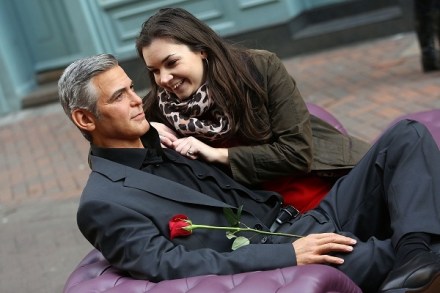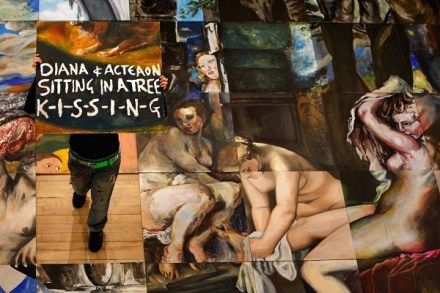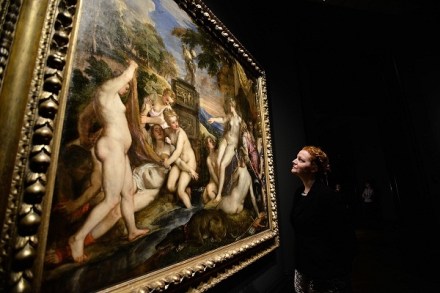Long life | 28 February 2013
Eight years ago I was in Rome for The Spectator to write a piece about the election of a new pope after the death of John-Paul II. Within two days, and after only four ballots, some wispy white smoke emerged from the little chimney on the roof of the Sistine chapel. The College of Cardinals had made its decision and chosen the German Cardinal Joseph Ratzinger to be the 265th occupant of the throne of St Peter. He was already 78 years old and said to be longing for speedy retirement from his taxing job as Prefect of the Congregation for the Doctrine of the Faith, the oldest of the

















